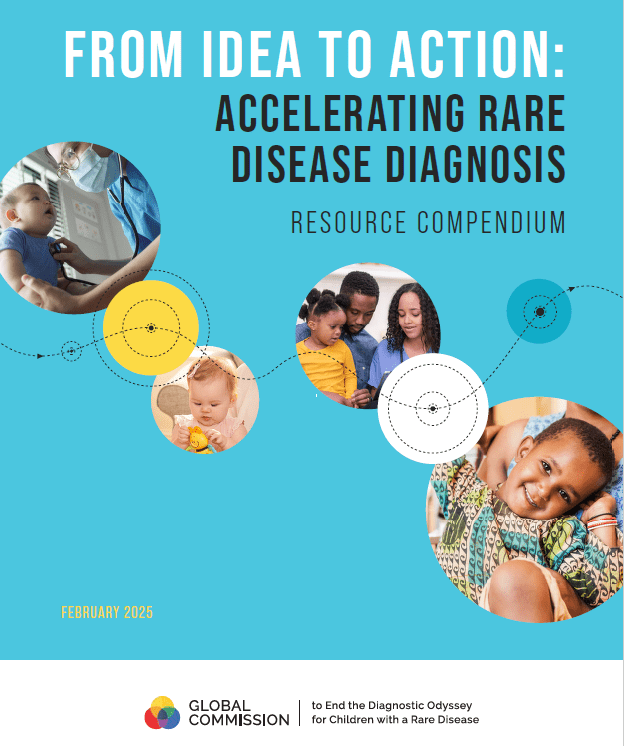

The new report features 10 global initiatives aimed at reducing diagnostic delays for children with rare diseases, offering practical strategies for healthcare providers, advocates and policymakers. Read the complete press release here.


The Global Commission to End the Diagnostic Odyssey for Children with a Rare Disease is an association composed of a diverse group of organizations and individuals committed to shortening the time for an accurate diagnosis for all children with rare diseases. The views expressed herein are solely those of the Commission and do not represent any individual, co-chair, or member organization’s views or opinions.